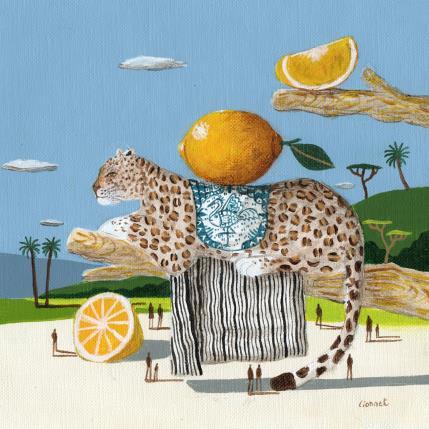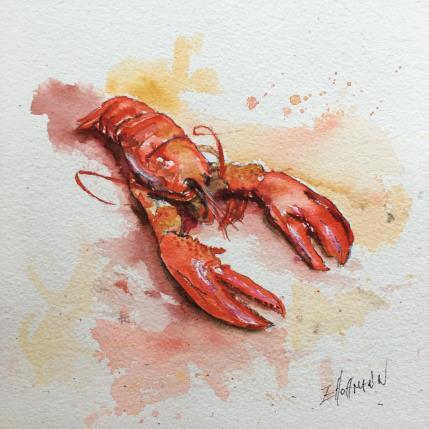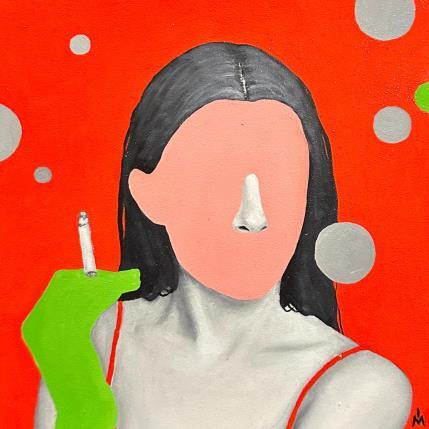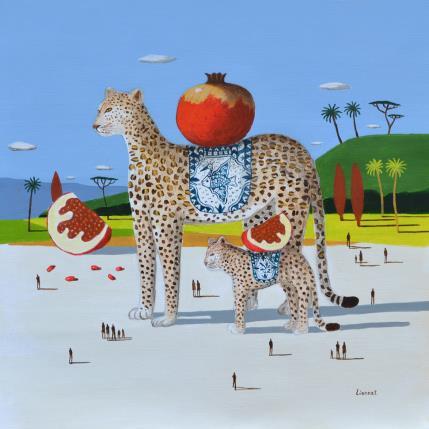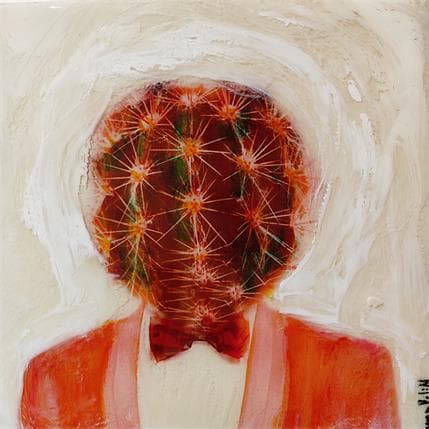Portraits
The 5 most beautiful paintings of Salvador Dali
Salvator Dali, painter, sculptor, engraver, scriptwriter and writer finds his inspiration in cubism, surrealism and futurism.
This lover of Freudian psychoanalysis also dips his brush in the ink of his interiority, his personal history.
An intimate work reflecting the fantasies of Salvador Dali according to the method named by his care of paranoia-criticism.
A spiritual quest also emerges from his work.
Discover through the five most beautiful paintings of Dali, the particularities of his art and quote for sure one of his works.
Dali painting : young girl at the window
This early work is an oil on cardboard.
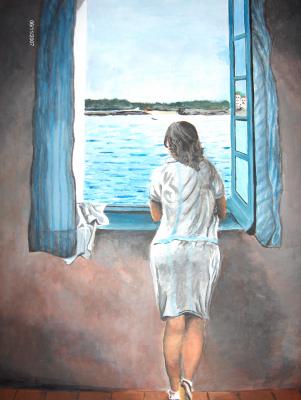
The surrealist style is not yet present in this work which marks the beginnings of the artist. It depicts his sister Anna Maria from behind, looking out of the window, at the age of 17. This painting was done during a family vacation in Cadaqués.
It is a work of great chromatic uniformity and simplicity. There is a predominance of blue in reference to Picasso's early paintings.
It is an invitation to contemplation of the landscape observed by his sister.
Here, we note the presence of the technique of the painting in a painting.
The window is an open door to a second contemplative painting of a seaside landscape.
Dali's sister was his first model until he met his muse, his wife Gala.
Dali painting : the persistence of memory
This is the most famous painting by Dali Salvador.
This 24 cm x 33 cm canvas was painted in only a few hours. It is also called The Soft Watches.
It is an invitation to dive into a dreamlike universe.
The wavy clocks embody the distortion of time.
This idea of dripping clocks was born while observing a camembert cheese dripping on the edge of its plate.
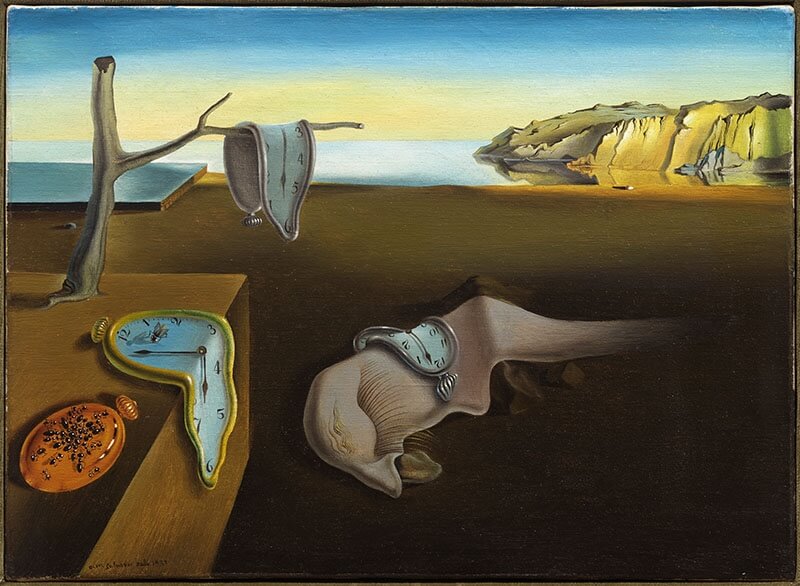
The ants symbolize the phenomenon of putrefaction taking place on a decaying body.
Here, is perfectly illustrated our race lost in advance against time.
We note a deformed body without life on the ground covered not with a shroud, but with a watch.
Time finally got the better of him.
In the background, contrasts a peaceful Catalan landscape of the rocky coast of Port Lligat in Spain, visible from his house
Here, is perfectly illustrated our race lost in advance against time.
We note a deformed body without life on the ground covered not with a shroud, but with a watch.
Time finally got the better of him.
In the background, contrasts a peaceful Catalan landscape of the rocky coast of Port Lligat in Spain, visible from his house
Dali painting : the temptation of saint antoine
This is an oil on canvas of 90 × 119.5 cm. Saint Anthony is depicted naked as a beggar kneeling in the desert holding up the cross of Christ to protect himself from the temptations of lust and greed.
This is an echo of the temptation of Christ in the desert by Satan.
In turn, St. Anthony is tempted. The skull echoes the cross of Golgotha meaning "place of the skull" in ancient Greek.
Of course, the woman on the elephant represents sexuality, while the pyramid symbolizes Bernini's obelisk in Rome.
We also see another woman trapped in a golden cage symbolizing Mammon.
Its top is overhung by the trumpets of fame.
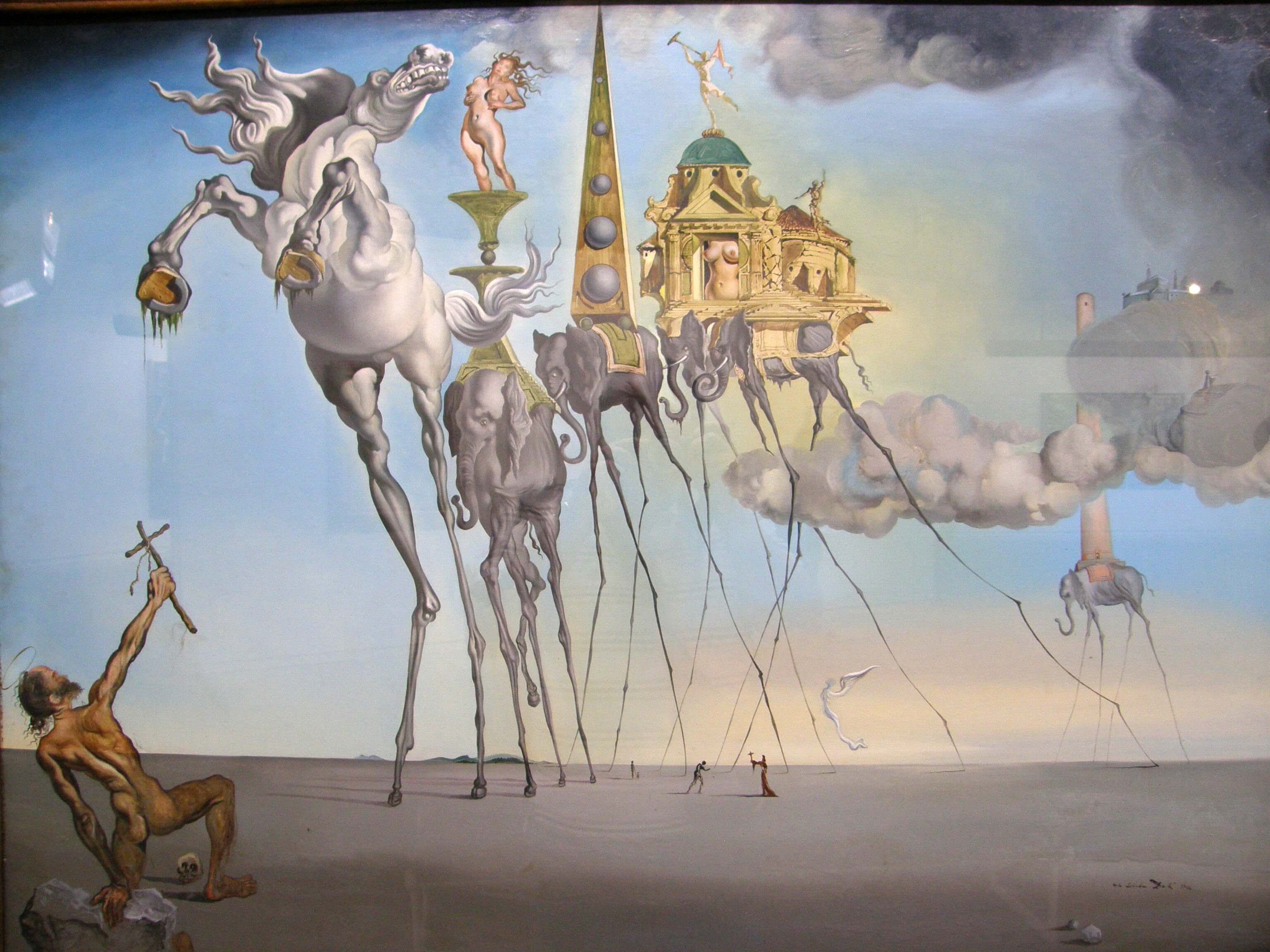
In the background, we can see an argument between two men.
One is wearing a red cape and the other is brandishing a cross in front of him.
The horse and the elephants like balancing act seem to advance on their spider-like legs.
This also evokes the fragility of the one who bases his existence on fishing. Here he considers Christ as the very unity of the universe.
Dali painting : the madonna of port lligat
This is an oil on canvas measuring 144 × 96 cm.
This work was inspired by Piero della Francesca's Sacred Conversation, a painting from the Renaissance.
A Madonna and Child is depicted here, but with the face of her wife Gala.
The body of the Virgin has a rectangular opening in which is represented the child Jesus, himself having the same opening in the torso to evoke the transcendent status.
In the center of Christ is the bread of life. He himself is this non-perishable bread, this food and blood for eternal life.
The elements do not touch each other and the painting is overhung in its upper part by a wire that supports an egg.
They symbolize life and Euclidian perfection.
Elements such as fingernails, fish and shells add a surreal dimension.
There are two versions of this representation, one from 1949 and another with some modifications from 1950.
Dali painting : christ of saint john of the cross by salvador dali
This is the most famous religious painting by Dali.
It is an oil on canvas made in 1951 of 205 × 116 cm.
It represents a crucified Christ who overhangs humanity. This representation is inspired by the vision of Christ of John of the Cross.
We note the contemplative aspect of Christ, of God leaning over us, over the world, over his creation.
Humanity is represented by the two fishermen who are gathering their nets from their boat in the bay of Port Lligat.
We can also see an echo of our state as fishermen, which without the act of the cross would close the doors of eternal life forever.
As for the peaceful landscape, it is inspired by Portlligat.
His representation of Christ is devoid of nails, blood and the famous crown of thorns, because as he indicates, this image appeared to him in a cosmic dream.
This composition is inscribed in a triangle and a circle; the triangle in echo to the trinity and the circle for the unity or the Platonic thought.
Collection inspiration Salvador Dali by Carré d'artistes
Carré d'artistes pays tribute to one of the greatest artists of all time Salvador Dali through a collection of artworks inspired by the painter!
Are you a fan of Dali? This collection is perfect for you, our artworks are unique and certified, a favorite is not duplicated unfortunately, so start or expand your collection now.



